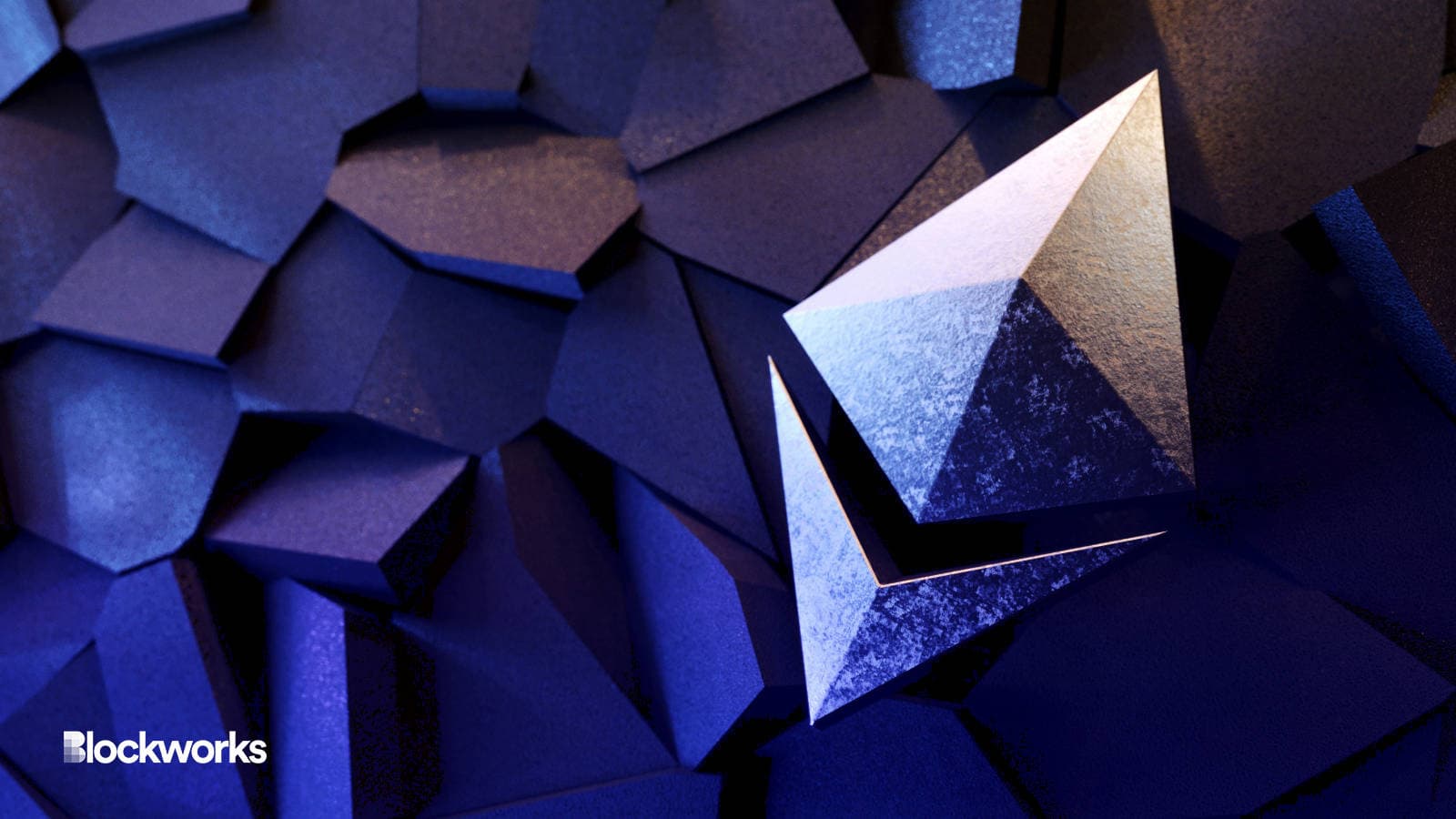Rocket Pool Upgrade Lowers Ethereum Staking Cap to 8 ETH
Ethereum staking service Rocket Pool has rolled out some updates following the successful Shapella fork last week

Vector-3D/Shutterstock, modified by Blockworks
Rocket Pool, the Ethereum-based DeFi staking protocol, has just pushed a major update granting users instant access to ETH staking rewards moving forward.
Atlas, which launched without issue Monday evening, brings changes and features following the successful rollout of Ethereum’s Shapella upgrade last week. Shapella enabled ETH stakers to withdraw their crypto for the first time.
This meant Rocket Pool could lower Ethereum staking amounts for its so-called “minipools.” These tailored validator nodes now accept ETH stakes as small as 8 ETH ($16,800), down from 16 ETH ($33,600).
Staking individually to the Ethereum blockchain demands at least 32 ETH ($67,100). Rocket Pool also supports pooling of ETH to boost chances of earning greater rewards.
“Atlas has two themes, withdrawals and scaling Rocket Pool,” the team said in an Atlas live stream. “Node operators can now access their rewards they’ve generated over the last 14 months … if they want to, they can exit completely.”
Atlas brings with it automatic rewards distributions, a unified Grafana dashboard and support for an Ethereum consensus client known as Lodestar.
Rocket Pool users can separately stake any amount of ETH to receive a liquid staking derivative token, rETH. Similar to other staking services such as Lido, Rocket Pool’s minipools and rETH let investors with less capital participate in the staking process to earn rewards otherwise out of reach.
Further changes made it easier to engage with the Ethereum blockchain by providing greater flexibility in Beacon Chain management, the team said.
Get the news in your inbox. Explore Blockworks newsletters:
- The Breakdown: Decoding crypto and the markets. Daily.
- 0xResearch: Alpha in your inbox. Think like an analyst.






